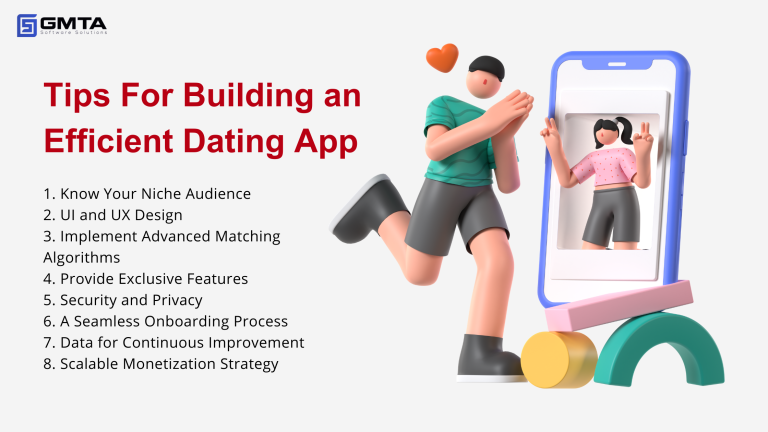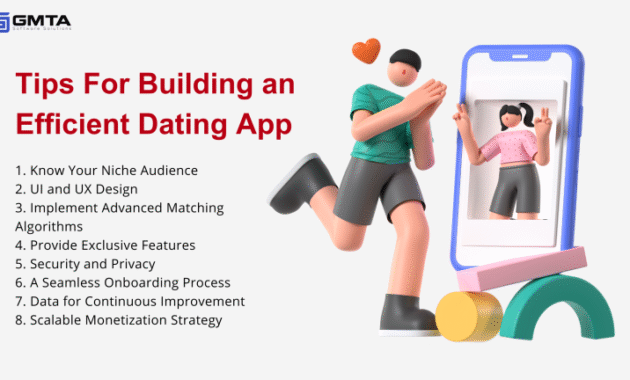How to Date Successfully Without Spending a Fortune is a critical exploration of modern dating practices that emphasize financial prudence without sacrificing quality experiences. In today’s fast-paced and often costly dating landscape, it is essential to learn strategies that allow individuals to forge meaningful connections while being mindful of their budgets. This discussion provides insights into affordable dating options that do not compromise on romance or enjoyment.
From exploring creative ideas for date nights to understanding the value of personal connections over lavish expenses, readers will gain valuable knowledge on navigating the dating world effectively. Recognizing the importance of communication, creativity, and cultural considerations can lead to fulfilling experiences that are both enjoyable and economically sensible.
In the contemporary digital landscape, the proliferation of technology has significantly transformed how individuals communicate, consume information, and interact with one another. Social media platforms, in particular, have emerged as a dominant force, reshaping various aspects of society, culture, and even politics. This article delves into the multifaceted implications of social media, examining its role in fostering connectivity, influencing public opinion, and altering social norms.
Social media platforms, such as Facebook, Twitter, Instagram, and TikTok, have revolutionized communication by allowing users to share information and engage with one another across vast distances. These platforms facilitate real-time interactions, enabling individuals to maintain relationships, forge new connections, and exchange ideas effortlessly. The democratization of communication is one of the most significant benefits of social media. Individuals, regardless of geographical location or socioeconomic status, can access a global audience, thereby amplifying their voices and perspectives.Research indicates that social media has played a crucial role in social movements and political activism.
Platforms like Twitter have been instrumental in mobilizing protests, raising awareness about critical issues, and enabling grassroots organizing. The Arab Spring, for instance, showcased how social media can empower citizens to challenge oppressive regimes and demand change. These platforms serve as a tool for social justice, giving marginalized communities a space to share their stories and advocate for their rights.However, the positive impacts of social media are counterbalanced by a range of challenges and risks.
One of the most pressing concerns is the spread of misinformation. The rapid dissemination of false information can have dire consequences, influencing public opinion and undermining trust in institutions. Studies have shown that misinformation spreads faster on social media than factual information, leading to the phenomenon of “fake news.” This has significant implications for democracy, as informed citizenry is essential for a healthy democratic process.Moreover, social media platforms often serve as echo chambers, where individuals are exposed primarily to viewpoints that align with their own.
This can lead to polarization, as users become entrenched in their beliefs and less willing to engage with opposing perspectives. The algorithms that govern content visibility on these platforms often prioritize engagement, fostering environments where extreme views flourish. This phenomenon not only affects personal relationships but also contributes to societal divisions.The mental health implications of social media usage are another area of growing concern.
Research has linked excessive social media use to increased feelings of anxiety, depression, and loneliness. The pressure to curate a perfect online persona can lead to feelings of inadequacy and low self-esteem, particularly among younger users. The constant comparison to others’ highlight reels can distort individuals’ perceptions of reality, creating unrealistic expectations and fostering discontent.In response to these challenges, various stakeholders, including policymakers, educators, and technology companies, must collaborate to develop strategies that promote responsible social media use.

Media literacy programs can equip individuals with the skills to critically evaluate information and recognize misinformation. Furthermore, social media companies must take responsibility for the content shared on their platforms, implementing robust measures to combat misinformation and protect users from harmful content.Additionally, promoting mental health awareness and providing resources for users who may be struggling with the adverse effects of social media can create a healthier online environment.
Encouraging users to take breaks from social media and engage in offline activities can mitigate some of the negative impacts associated with excessive use.As we look to the future, the evolution of social media will continue to shape our society in profound ways. Emerging technologies, such as artificial intelligence and virtual reality, are poised to further transform how we interact online.
These advancements promise to enhance connectivity and collaboration, but they also raise ethical questions regarding privacy, data security, and the potential for manipulation.In conclusion, social media is a double-edged sword, offering both opportunities for empowerment and posing significant challenges. Its role in fostering communication, activism, and community building underscores its importance in contemporary society. However, addressing the risks associated with misinformation, polarization, and mental health is crucial to harnessing the positive potential of these platforms.
By fostering a culture of critical thinking, responsibility, and empathy, we can navigate the complexities of the digital age and work towards a healthier and more connected society.











